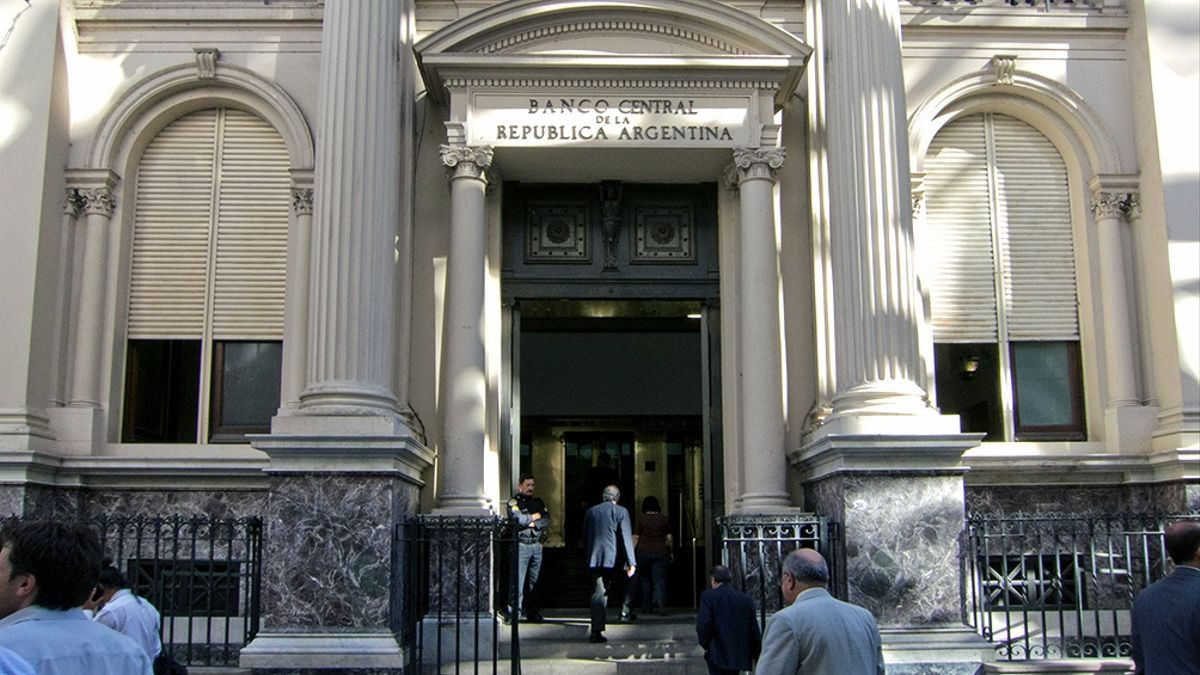To speed up the process of locating undeclared assets, a supplementary amendment to the law on financial entities was sent to parliament. Specifically, the proposal is make bank, tax and stock market secrets more flexible. What would give access to more data to different organizations of the State, such as the Financial Information Unit, the AFIP and even specific officials, such as the Chief of the Cabinet of Ministers.
Despite the fact that the project to generate the National Fund for the Cancellation of the Debt with the IMF advances in its parliamentary journey, the changes in the law of financial entities were paralyzed. Regarding that initiative, Senator oscar parrilli He said: “We are going to continue working on it, it has not yet had enough debate in committee.” In this sense, he added that expects to receive in Congress the president of the Central Bank, Miguel Pesce.
From the BCRA they maintained that “the information exchange system between agencies is working properly.” In this regard, they added that “a more detailed evaluation of the current system can be made to determine if it is necessary to introduce modifications to improve data crossing” and added that ultimately “Congress will analyze and determine.”
Sources from the private sector consulted by Ámbito expressed rejection of the project and argued that it could result in “a greater outflow of deposits”. Instead, the former vice president of JP Morgan Hernan Arbizu He told this medium that “nobody will stop making transactions in financial entities due to these modifications, that the banks put pressure on it is another issue.” On this point he added: “Today the judges have access to banking secrecy and nobody generated a bullfight for that.”
In its argument, the bill maintains that “the central countries have launched new mechanisms to know the movement of financial flows, their destinations and recipients.” Along these lines, examples are cited of the approval in the United States of the Foreign Accounts Tax Compliance Act, which pursues objectives similar to the initiative of the senators of the Front of All, and also the agreement for greater access to information that arrived at the European Union and Switzerland in 2015.
Source: Ambito
David William is a talented author who has made a name for himself in the world of writing. He is a professional author who writes on a wide range of topics, from general interest to opinion news. David is currently working as a writer at 24 hours worlds where he brings his unique perspective and in-depth research to his articles, making them both informative and engaging.




